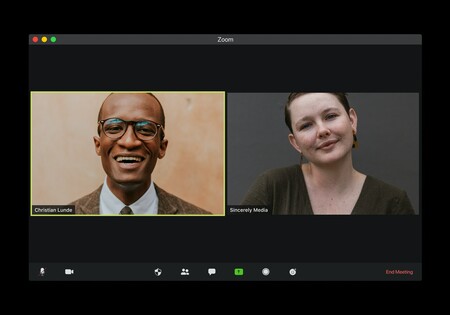
Introduction to Interactional Management for Interpreters
10 points
PD Certificate
Description
Who would this be useful for?
This module would be useful for Interpreters who wish to improve their interactional management skills, and/or wish to sit a NAATI Exam for Certified Interpreter, Certified Specialised Legal Interpreter, and/or Certified Specialised Medical Interpreter
This course will cover the following items:
Why interactional management is important for interpreters
To what extent can interpreters manage interactions
Strategies available for interpreters to manage interactions
When to switch back to a more invisible role
Course outcomes
Knowledge
Theoretical framework that supports interactional management during assignment
Different strategies to manage interactions
Appropriate reasons for managing interaction
Reasons for stepping back into a more invisible position



















